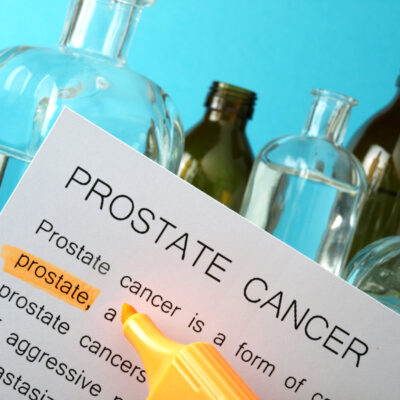
6 Acid Reflux Symptoms
Acid Reflux is a condition where the stomach acid moves up to the esophagus. Extreme cases of acid reflux (when it occurs 2-3 times a week) can be a sign of Gastroesophageal Reflux Disease (GERD). The NIDDK mentions that up to 20% of the population in the country may be living with GERD. Here are the common symptoms of acid reflux that you should know about.
1. Burning sensation in the chest
One of the telltale symptoms of acid reflux is a burning sensation in the chest called heartburn. This happens when you eat something spicy or fatty. Such foods encourage the production of excess stomach acid, and the acid flows up the esophagus, leading to the burning sensation.
2. Bloating
Many people with acid reflux also feel bloated. Bloating is a condition when the abdomen gets filled with air or gas. People with bloating have a tight and stretched upper stomach, making them feel constantly uncomfortable. Bloating along with heartburn can make the condition unmanageable.
3. Trouble swallowing
The constant movement of stomach acid to the esophagus damages the esophageal wall. This can make it difficult to swallow food, and you may have the feeling of food being stuck in the throat and not moving down smoothly. This condition is called dysphagia. This is one of the severe symptoms of acid reflux.
4. Dry cough
The damage to the esophagus because of constant exposure to stomach acid also leads to regular bouts of dry cough, especially after a large meal. Dry cough can also lead to breathing difficulties and wheezing at times.
5. Hiccups
Hiccups are also one of the most common symptoms of acid reflux. Some people suffer from chronic and regular bouts of hiccups and are diagnosed with GERD. They don’t show any other symptoms of the condition. Hiccups can disrupt regular functioning and lead to pain in the throat.
6. Regurgitation
Regurgitation is a condition that causes consumed food to come up to the mouth. This is not vomiting, as vomiting is the forceful expulsion of contents of the stomach. With regurgitation, very little food or water comes out, but it is accompanied by pain and a burning sensation in the throat and esophagus. The constant exposure to stomach acid loosens the valve that connects the stomach and the esophagus. Hence, it becomes easy for food to move up the food pipe. Regurgitation is considered as one of the advanced symptoms of acid reflux and could indicate the condition is worsening.
Make a note of all these symptoms of acid reflux and talk to your doctor if you experience one or more of these. Acid reflux when caught early, can be prevented from turning into GERD.


